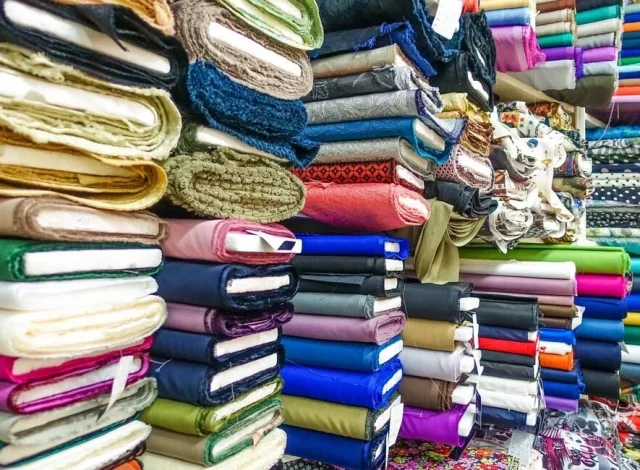The textile industry says there will be an export catastrophe.

The Pakistan Textile Council (PTC) and other officials have raised the alarm about a dramatic drop in exports, factory closures, and rising costs that threaten the country’s economic stability. This is the biggest export sector in Pakistan. Exports dropped over 12% from September of last year to September of this year, which lowered first-quarter FY26 revenues by 3.83% to $7.61 billion. Meanwhile, a growing trade deficit and rising imports put even more strain on external accounts.
Fawad Anwar, the chairman of PTC, Javed Bilwani, the former president of KCCI, and Zubair Motiwala, an industrialist, all warned that Pakistan risks losing its competitive edge to regional rivals like Bangladesh, India, and Vietnam if it doesn’t make quick changes to energy pricing, taxes, and facilitation schemes. The sudden conclusion of the Export Facilitation Scheme (EFS), along with record-high energy prices and infrastructure that is becoming worse, was said to be a big blow to the already struggling textile industry.
The Pakistan Textile Council (PTC) said in a statement that they were very worried about a 3.83% drop in merchandise exports in the first quarter of FY26. This is a bad sign for the country’s economy. The Pakistan Bureau of Statistics (PBS) says that total export earnings were $7.61 billion from July to September, down from $7.91 billion during the same time last year. Exports fell 11.71% year-on-year to $2.51 billion in September alone, making it the seventh month in a row that they have fallen.
Exports have been going down for a while, and now Pakistan’s trade deficit is getting bigger, reaching $9.37 billion in the first quarter, up from $7.05 billion last year. Imports went up by 13.49%, which put even more pressure on foreign accounts. Pakistan’s textile industry, which is its biggest source of exports, is suffering the most from both low global demand and rising domestic expenses.
Closures make the cost crisis worse.
A number of industry closures and multinational withdrawals show how serious Pakistan’s competitiveness dilemma is. Gul Ahmed Textile Mills Limited recently said that it would cease its export clothing business because it was losing money because of increased input costs, changing taxes, and tough competition in the region. The clothing industry is very labor-intensive and employs thousands of people. Its closing is a clear sign of the challenges that are forcing even the biggest companies to cut back.
The previous president of KCCI told The Express Tribune, “More textile units across Pakistan are about to close because industries are still losing money.” He said that the government was wrong to leave out important stakeholders from the decision-making process and consult to either small stakeholders or persons who had nothing to do with the issue.
He claimed that even though KCCI makes up 54% of exports and 66% of the national tax base, we are not heard in any policymaking process.
He talked about the many problems facing the textile industry, such as bad infrastructure, chronic water shortages, bad law and order, and some of the highest electricity rates in the world—higher than those in Europe and the US, which are Pakistan’s main export markets. He remarked, “How can exports stay viable if production costs here are higher than those at export destinations?”
Bilwani went on to say that the sudden closure of the EFS has a big negative effect on the sector. He said that instead of getting rid of the plan completely, the government could have fixed the gaps and made the rules stronger.
Zubair Motiwala, a well-known businessman, agreed with Bilwani’s worries and noted that the drop in exports is directly related to the end of EFS. “The only genuine answer is to bring back EFS. He said, “If there was a legal problem, it should have been fixed, not gotten rid of.” He also said that the recent closure of Gul Ahmed’s export apparel plant was directly caused by increased prices and the lack of measures to make exports easier.